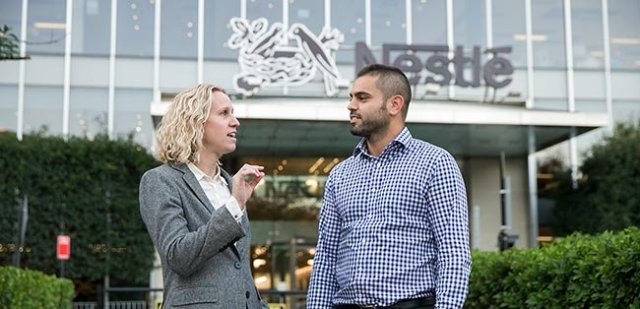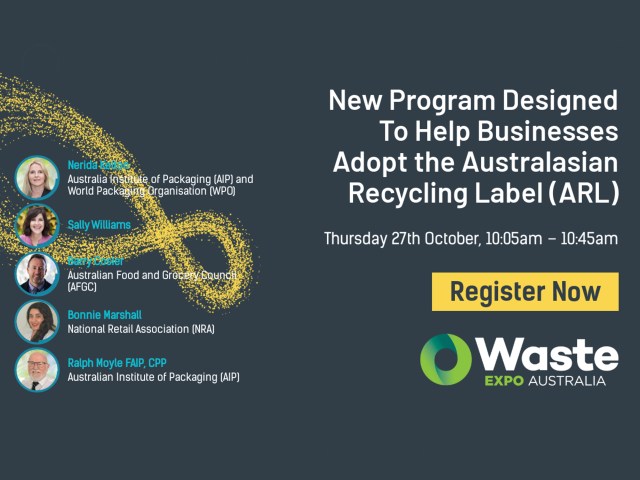
This article first appeared in Convenience & Impulse Retailing, authored by Deborah Jackson
Viva Energy has announced plans to build infrastructure that will turn waste into fuels and recycled plastics at its Geelong Refinery.
The new infrastructure will enable the Geelong Refinery to receive and process feedstocks such as used cooking oil, animal fats, and synthetic crude made from waste plastics, which would otherwise find their way into landfill.
These feedstocks will be blended with crude oil to reduce the energy intensity of fuels that are produced at the Geelong Refinery and recycle waste plastics through the polypropylene plant, which was acquired by Viva Energy last year.
This will lead to the first commercial production in Australia of recycled plastic from waste soft plastics, which will be a key step towards solving one of the most difficult recycling challenges. It is estimated that in Australia more than two million tonnes of plastic go into landfill every year.
It will also be the first time that the Geelong Refinery will process bio-feedstocks, which will reduce the carbon intensity of the fuels and refined products that are produced in Australia.
The announcement builds on a pilot program in 2021, which processed synthetic crude oil made from waste soft plastics to produce recycled plastic. This was subsequently used to produce food-grade plastic wrappers.
This initial project will involve the construction of a receiving gantry together with tank and injection infrastructure to allow biogenic and waste feedstocks to be received and stored at Geelong Refinery prior to being fed into existing processing units.
It is expected that these feedstocks will be sourced from local manufacturers and suppliers, with capability to process up to 50,000 tonnes per year as production of these feedstocks increase. Processing is expected to commence in the second half of 2024.
Viva Energy intends to participate in the International Sustainability and Carbon Certification (ISCC+) scheme, which will give customers transparency on the renewable feedstock content of their fuels and resins and the flexibility to choose how much renewable content they want.
Viva Energy CEO and MD Scott Wyatt said that Geelong Refinery is in a unique position to develop biogenic, circular, and lower carbon solutions.
“This project is part of the company’s broader vision to transform the refinery into a modern Energy Hub, which supports both energy security and the energy transition,” he said.
“We are excited about the opportunity to turn waste into fuels and to help deal with the growing problem of recycling waste plastics.”


